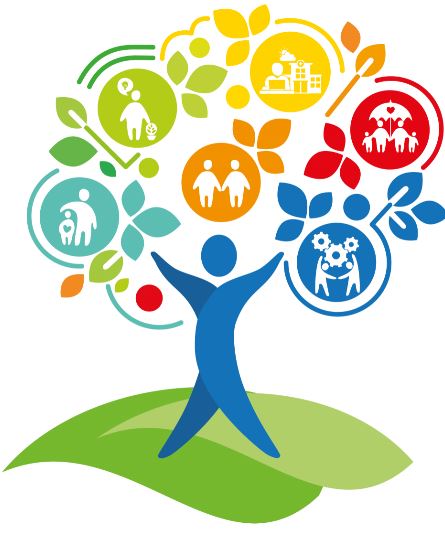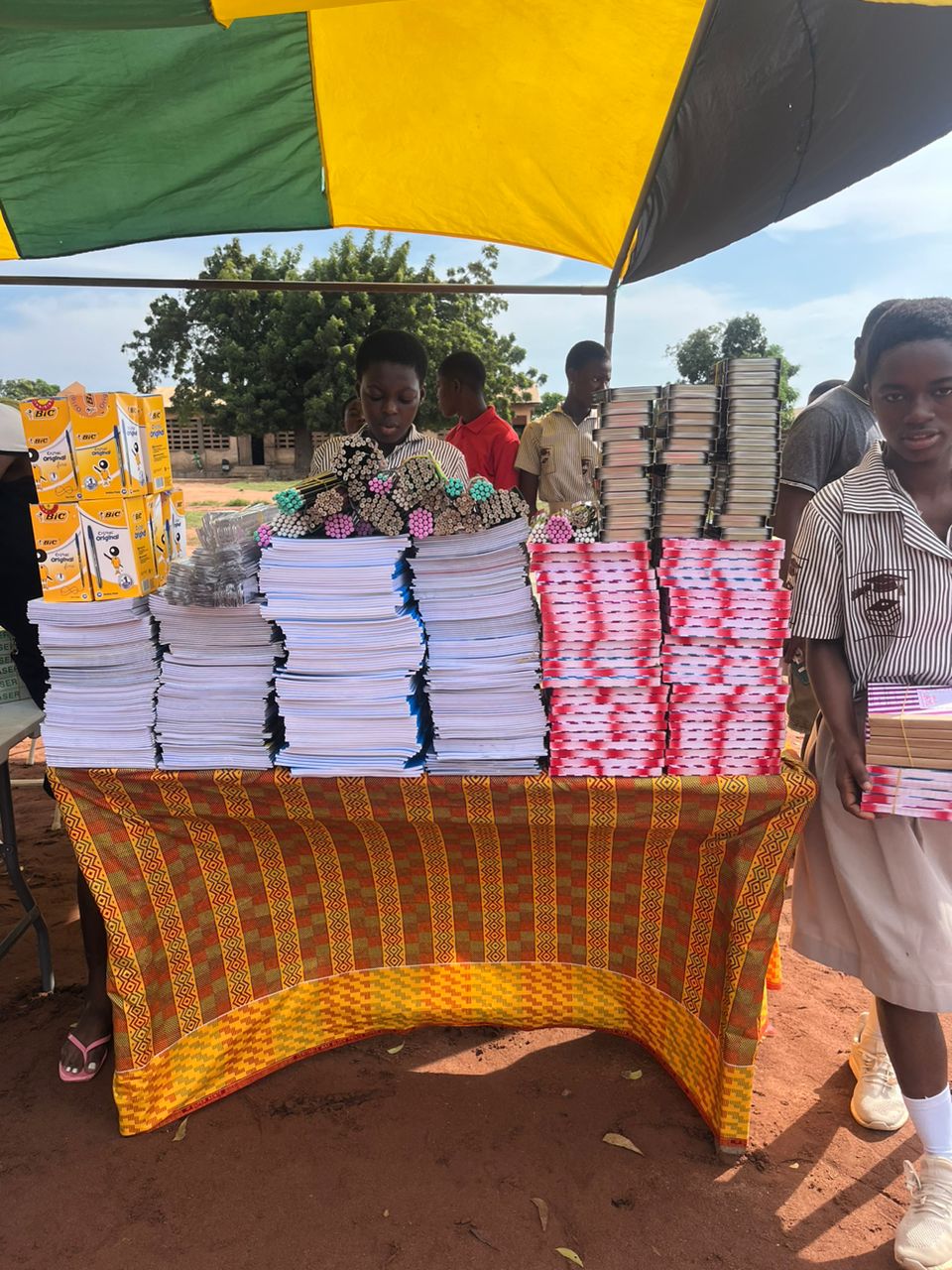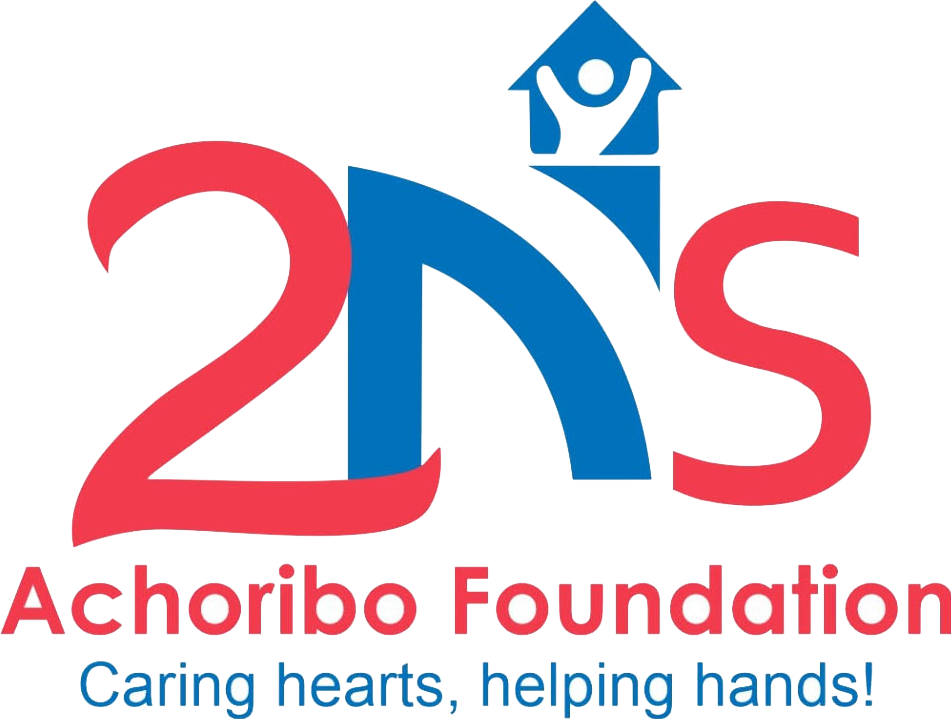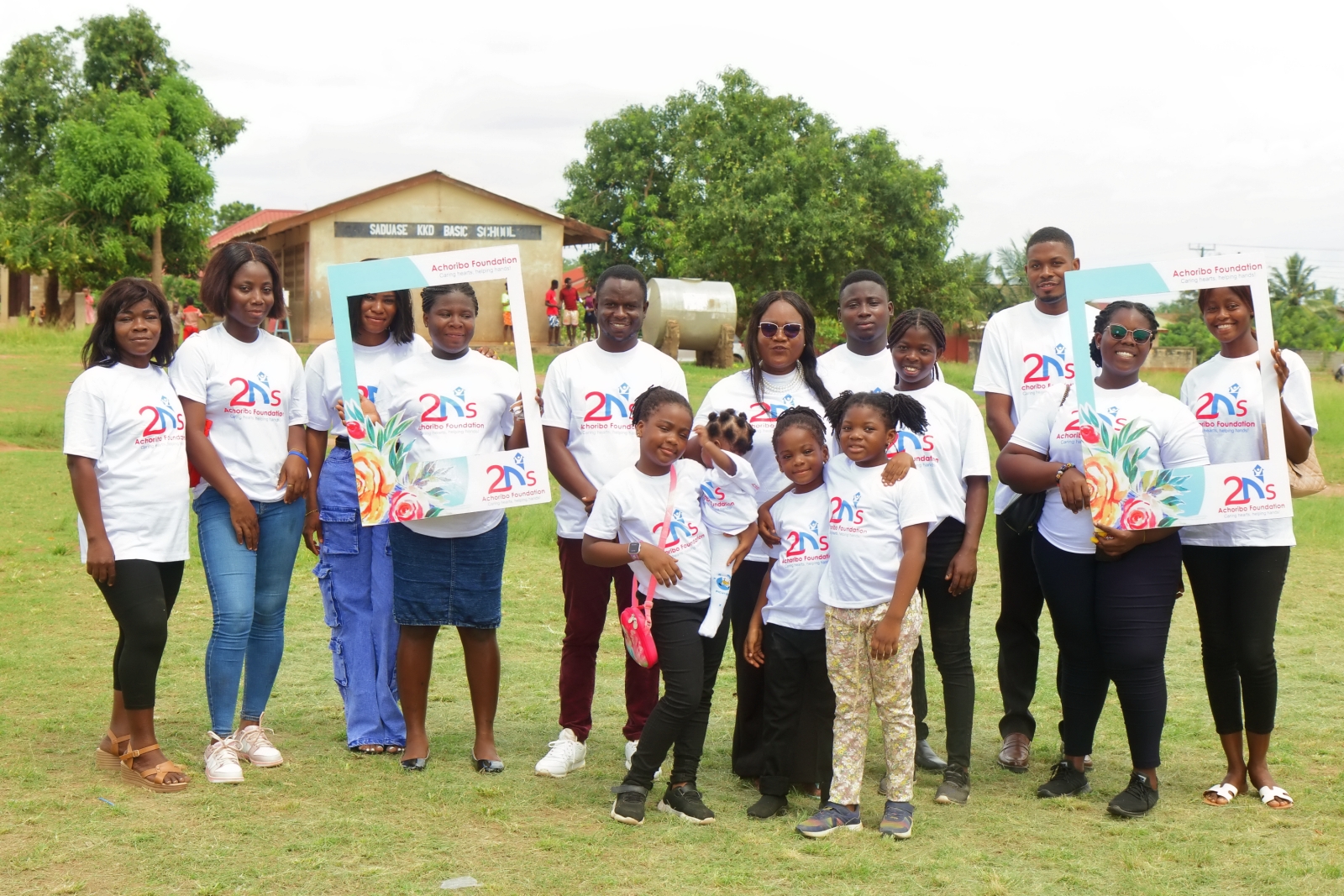
Health Promotion
Access to health facilities and health education is limited in rural areas. In Ghana, reproductive health care education is not universally available, which particularly affects adolescent females. Poor health and well-being exacerbate existing inequalities and have serious long-term consequences for prosperity. Promoting health in communities is crucial as it significantly improves the overall health status of individuals, families, and the entire community. This is achieved by focusing on preventative measures, creating supportive environments, empowering people to make healthy choices, and ultimately reducing the burden of disease and associated healthcare costs. Essentially, it aims to enhance the quality of life for everyone within a community.
Since we began operating, we have made public health and the promotion of healthy lifestyles central to our work. This makes 2Ns Achoribo contribute to:
- Reduces disease burden
- Improves quality of life
- Addresses health disparities
- Empowers individuals
- Improve community engagement

Education of women and children
An educated population enhances the quality of life for everyone. Education is crucial for many reasons, all of which are closely linked to an individual’s life goals and future well-being. It promotes gender equality and empowers girls and women. According to a World Bank, an additional year of schooling for girls can reduce teen pregnancy rates by nearly seven percent and gives women greater control over their reproductive choices. Education also lowers child mortality rates. UNESCO reports that a child born to a mother with a high school diploma is 31 percent more likely to survive past the age of five. 2Ns Achoribo Foundation education influences health and life expectancy.

